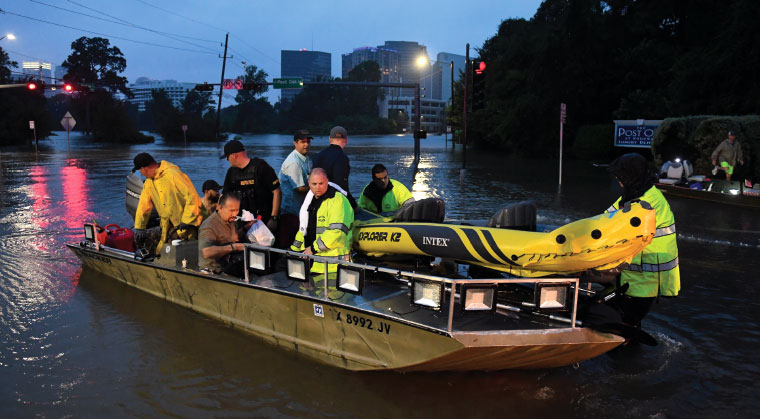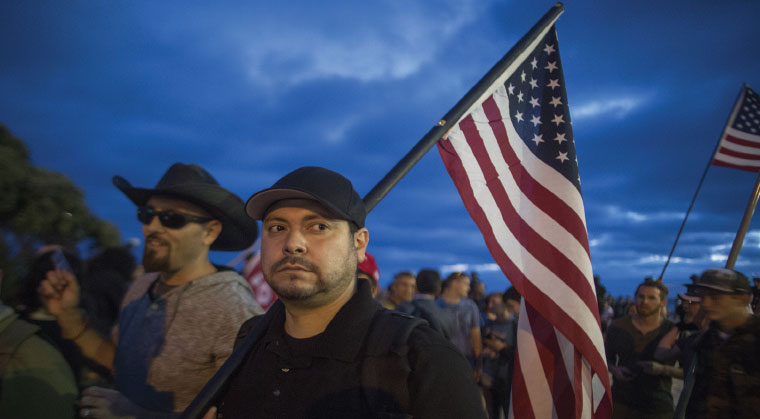The Law Is on the Rabbis’ Side


For now this entrance to the Kosel says “men only.” Who will have the final say?
T he Reform and Conservative movements at least in the United States are fond of saying that they are the majority. That’s one argument they put forward to explain why they feel entitled to equal rights at the Western Wall where Orthodox Jews pray.
Majority rule may be a cornerstone of democracy but when it comes to the Kosel the law is not on their side. Mishpacha obtained a 13-page document authored two months ago by attorneys Ze’ev Scharf and Yoav Levi of the Ze’ev Scharf and Company Law Offices a Tel Aviv legal firm specializing in civil and commercial litigation.
Scharf and Levi contend that the “Protection of Holy Places” Law — which coincidentally took effect 50 years ago this week — designates the chief rabbinate as the authorized religious representative of the Jewish People in Israel giving it final say in all matters at the Kosel.
Scharf and Levi argue that the law gives the chief rabbis the power to ask the Ministry of Religious Affairs which implements the statute to enact legal language that would prevent mixed prayer services at the Kosel. The attorneys cited a case from 1968 when Prime Minister Levi Eshkol turned down a request from Reform groups to pray at the Kosel. Eshkol based his decision in part on the fact that even under the British Mandate the chief rabbinate oversaw religious affairs at the Kosel. This legal opinion undoubtedly explains why the chief rabbinate recently hardened its position on the issue of egalitarian prayer.
However Prime Minister Netanyahu’s decision to freeze implementation of a longstanding cabinet agreement to create space at the Kosel for egalitarian prayer may only be temporary despite media spin that Bibi caved to his chareidi coalition partners. Cabinet Secretary Tzachi Braverman clarified that it is important to Netanyahu that every Jew is able to pray at the Kosel. Work will continue to prepare the site near Robinson's Arch at the Kosel's southern plaza for mixed prayer. And while dialogue continues to reach a new compromise acceptable to all parties Reform and Conservative groups may turn once again to the Supreme Court. And when that case is heard the rabbinate may be silenced.
The Knesset Constitution Law and Justice Committee held spirited debate on the issue last week. Arguing for the Ministry of Justice Rafi Neubauer told the committee that while his department “accords great importance to the stance of the chief rabbinate ” only the attorney general represents the government at the Supreme Court.
“The state speaks with one voice and that’s the voice of the attorney general who has the professional and legal experience ” Neubauer said.
However the chief rabbinate insists it speaks for itself. Rabbi Raphael Frank the secretary of the chief rabbinate and a senior advisor to Ashkenazi Chief Rabbi David Lau told committee members: “Our concern is that the attorney general will dodge the central issue which is our religious concerns. Our opinion may not suit their sensibilities but we still ask that it be heard.”
Rabbi Uri Maklev (United Torah Judaism) who is a member of the Constitution Law and Justice Committee agrees that while the state should speak with one voice when it comes to religious matters it should defer to a higher authority.

Israel’s chief rabbis insist their voice be paramount on religious affairs
“Under the terms of employment at the Justice Ministry there is no requirement that the attorney general be versed in halachah” Rabbi Maklev said. “On the other hand the chief rabbinate views the issue of prayer at the Kosel through the prism of halachah maintaining from the start that the halachah does not contradict the law. So the rabbinate must have their own independent representative to argue before the courts on issues involving religious values.”
Rachel Azariah (Kulanu) who is also a member of the Constitution Law and Justice Committee said the controversy reminded her of the Second Temple era when a minority tried to foist its opinion on the majority. She accused chareidi parties as well as Naftali Bennett’s Bayit Hayehudi which supported Netanyahu's move to freeze implementation of “creating a state within a state.”
Committee member Michael Malchieli (of Shas) fired back: “What you’re describing is the biryonim [hooligans] who used force to intimidate the rabbanim of that era. Today the role of the biryonim is being filled by the Justice Ministry and attorney general. The whole argument boils down to whether the rabbinate or the attorney general is the final voice on religious affairs.” (Originally featured in Mishpacha Issue 666)
Oops! We could not locate your form.













